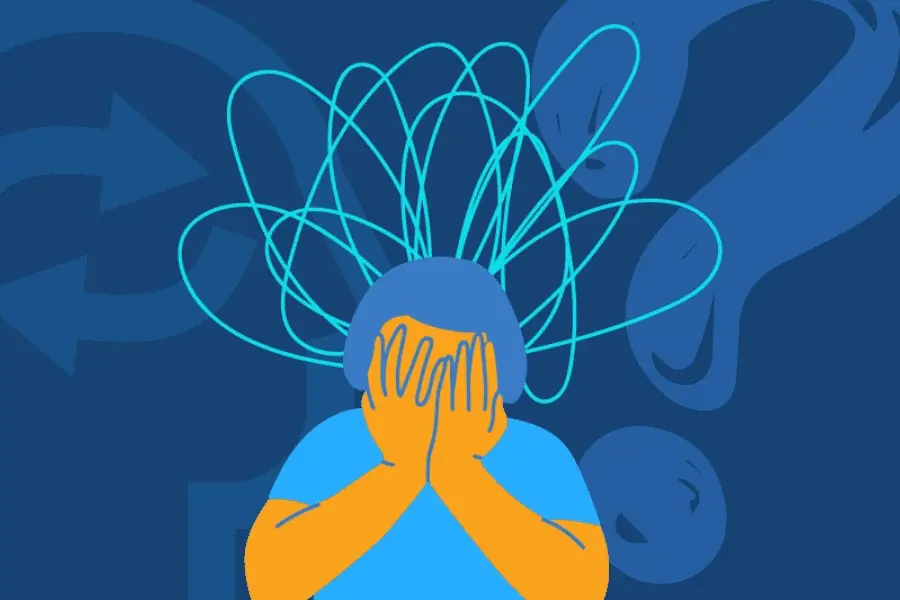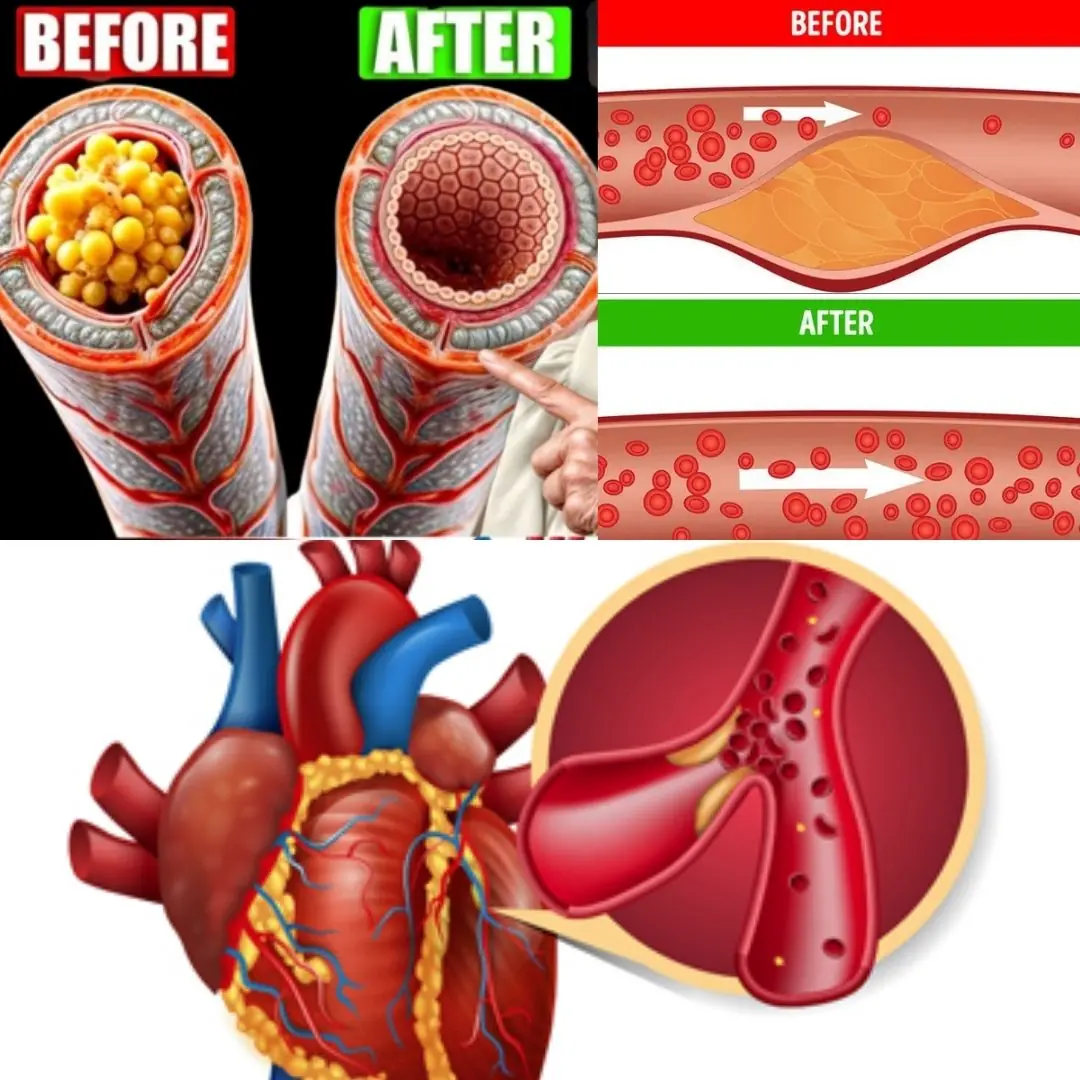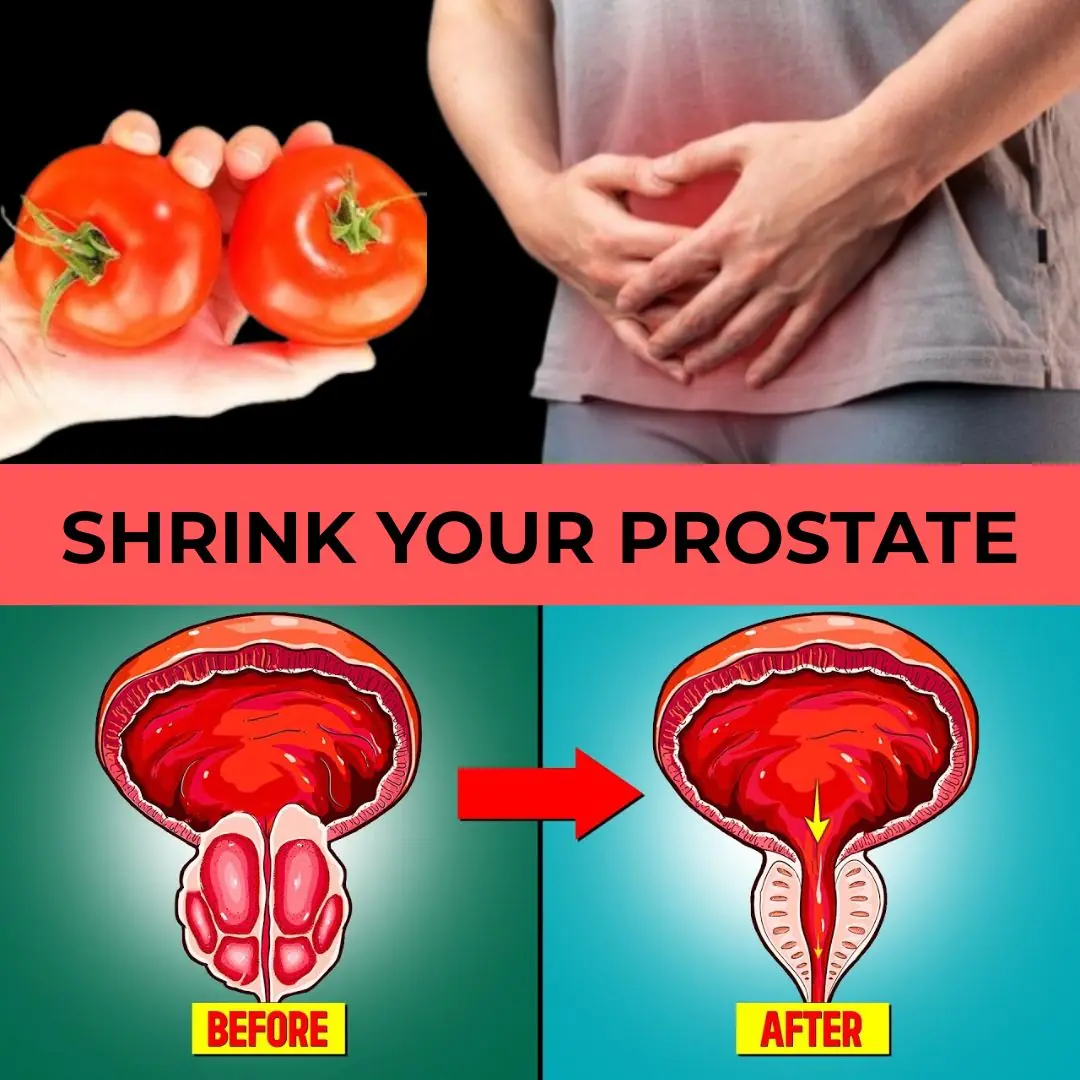
Listening to Music Literally Speeds Up Recovery from Surgery, Research Shows
In recent years, the intersection of medicine and music has revealed fascinating insights into how the mind and body heal. One of the most compelling findings to emerge is that listening to music can actually accelerate recovery from surgery. According to multiple scientific studies, music therapy is not only effective in reducing pain and anxiety, but it can also improve patient outcomes by speeding up healing processes—literally.
Traditionally, recovery from surgery has focused on physical factors: medication, nutrition, rest, and physical therapy. However, modern research now emphasizes the importance of emotional and psychological well-being in physical healing. Music, with its unique ability to influence emotions and mental states, plays a powerful role in this process.
A comprehensive meta-analysis conducted by researchers at Brunel University in London examined data from over 7,000 patients who had undergone various types of surgeries. The results showed that those who listened to music before, during, or after their procedures experienced significantly less pain, lower anxiety levels, and even required less pain medication compared to those who did not. Remarkably, the positive effects were seen regardless of the genre of music—what mattered most was that the patient enjoyed the music.
But how does this work on a biological level? Scientists believe that listening to music triggers the release of dopamine and endorphins—chemicals in the brain associated with pleasure and pain relief. These neurochemicals help lower stress hormones such as cortisol, which in turn reduces inflammation and promotes faster healing. Furthermore, calming music can slow the heart rate and breathing, leading to a more relaxed state that is conducive to recovery.
In addition to physical benefits, music also improves patients’ mental health during recovery. Many individuals experience emotional distress, fear, and feelings of helplessness after surgery. Music provides comfort, a sense of control, and an emotional outlet. In fact, hospitals around the world are increasingly implementing music therapy programs as part of holistic post-operative care.
It’s also worth noting that music interventions are cost-effective and non-invasive. Unlike pharmaceuticals, music carries no risk of side effects or allergic reactions. For this reason, many experts suggest that music therapy could serve as a valuable complement to traditional medical treatments, especially in settings where access to drugs or staff may be limited.
One fascinating example comes from a study involving patients recovering from heart surgery. Those who listened to 30 minutes of music each day showed significantly better heart rate variability—a key indicator of heart health—than those who recovered in silence. Similarly, in orthopedic wards, patients reported greater satisfaction and less discomfort when they were allowed to choose their own playlists during rehabilitation exercises.
Of course, music therapy is not a magic cure, and it should never replace conventional medical care. However, the growing body of evidence shows that integrating music into recovery plans can lead to meaningful improvements in both physical and emotional health. In the future, we may see personalized playlists become a standard part of post-surgical recovery kits.
In conclusion, the healing power of music is no longer just a poetic idea—it is a scientific reality. As researchers continue to explore the connections between sound and healing, one thing becomes clear: listening to music is more than entertainment. It’s a therapeutic tool that literally helps the body heal faster. In a world increasingly focused on patient-centered care, music offers a simple, effective, and beautiful way to enhance recovery after surgery.
News in the same category


A Common Drug Used in Tylenol, Excedrin, and More Was Just Linked to ADHD

Pulsatile Tinnitus: Why You Hear Your Heartbeat While Lying Down

Doctor's Warning To People Whose Fingers And Toes Change Color And Feel Numb In The Cold

Red Spots on Skin: 13 Common Causes

Vaping vs. Smoking: New Study Says Vapes May Be More Harmful

Study Explains How the First Born Child Is Often the Most Intelligent

What 20 Seconds of Hugging Can Do for You

New Study Found Microplastics In Every Single Human Semen Sample

Unlock the Health Benefits of the Castor Bean Plant: A Natural Remedy for Wellness

10 Vegetables That Are Good for Your Heart

I-motif DNA structures are formed in the nuclei of human cells

Hyperacute rejection-engineered oncolytic virus for interventional clinical trial in refractory cancer patients

Your Feet Could Be Signaling That Your Arteries Are Clogged

36-Year-Old Teacher Dies From Diabetes Doctors Say Was Triggered By Everyday Foods

Cancer Rates Rising in Gen X and Millenials Compared to Older Generations, Study Finds

Lungs Full of Mucus? 1 SINGLE Drop Clears Airways & Restores Lung Health! | Barbara O’Neill

Rejuvenate Your Prostate Naturally: The Incredible Power of Tomato and Garlic Juice

Experts reveal the five foods that seriously affect your eyesight including one many of us eat every day
News Post

Girls Visit Dad's Grave to 'Show' Their New Dresses as He Asked, See 2 Boxes with Their Names

Turns Out I Rented an Apartment to My Husband's Mistress, and Their Next Date There Was One I'll Never Forget

Neighbor Mocks Poor Woman for Filthy Look of Her House, Apologizes after She Sets Foot Inside

My Wife Kicked Me Out of the House Because of the Sudden Confession of My Director

My Son’s New Classmates Turned Him from a Straight-A Student into a Troublemaker — But I Didn’t Give Up on Him

After My Brother's Funeral, His Widow Gave Me a Letter – I Wasn't Ready for What He'd Confessed

The Key to Everlasting Memories? Scientists discovered the "glue" that makes memories stick!

A Common Drug Used in Tylenol, Excedrin, and More Was Just Linked to ADHD

Pulsatile Tinnitus: Why You Hear Your Heartbeat While Lying Down

Doctor's Warning To People Whose Fingers And Toes Change Color And Feel Numb In The Cold

Red Spots on Skin: 13 Common Causes

Vaping vs. Smoking: New Study Says Vapes May Be More Harmful

Businessman Loses All Hope After His Diagnosis, but One Hospital Encounter Changes Everything

My Husband's 'Business Partner' Showed Up at Our Door and Mistook Me for the Cleaning Lady — I Decided to Play Along

My Husband Asked for a Divorce Right After Learning About His Rich Father's Inheritance

Entitled Mom Claimed My Seat at the Cafe — Her Face Turned Red after I Taught Her a Lesson

My Fiancé Told Me His Grandma Wanted to Meet Me Before the Wedding – As I Arrived, a Nurse Pulled Me Aside and Said, 'Don't Believe a Word'

The Healthy Benefits Behind Grapeseed Extract: A Comprehensive Guide
